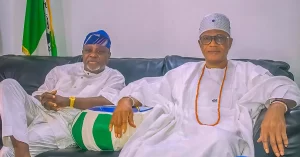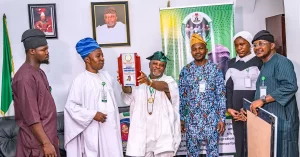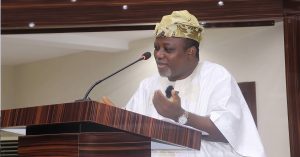Preserving Culture, Shaping the Future
The cultural values of a people influence their behavior, shaping their character, and collectively, defining the identity of a nation. Cultural identity is a fundamental pillar of national identity—when we embrace our heritage, we strengthen our unity.
Cultural pride is the foundation of true patriotism. Before a person becomes a citizen of a country, they are first a bearer of culture. Our traditions, languages, and customs connect us to our roots and shape our collective future.
Be proud of your culture! Be proud of your country!
Executive Secretary, National Institute for Cultural Orientation (NICO)
Cultural Festivals
Cultural Tips
Nigerian Food and Cuisines
Languages in Nigeria
A man is first of all a citizen of a culture before becoming a citizen of a country - uphold and respect your culture and be proud of yourself
Energizing various cultural establishments, activities and concepts towards serving as a catalyst for economic, technological and societal advancement
To be at the heart of propagation of cultural philosophy
Nigeria Cultural Festivals
Nigeria’s festivals bring tradition, music, and culture to life, uniting people through vibrant celebrations of history and identity.
Stay updated with the latest news and events
-
April 23, 2025 The Olori Oluwo of the Reformed Ogboni Fraternity, visits the ES, NICO in his office in Abuja.The Olori Oluwo of the Reformed Ogboni Fraternity, Olori Francis Meshioye, OFR who is...
-
April 23, 2025 Otunba Ajiboye Receives Award For Upholding Culture, Heritage & TraditionOtunba Ajiboye Receives Award For Upholding Culture, Heritage & Tradition The Yoruba Youths Assembly...
-
April 10, 2025 NACUS To Take Off With Campuses in Lagos, Ogbomosho, Cross River & AbujaThe Federal Government specialized monotechnic for cultural studies, called the Nigerian Academy for Cultural...



